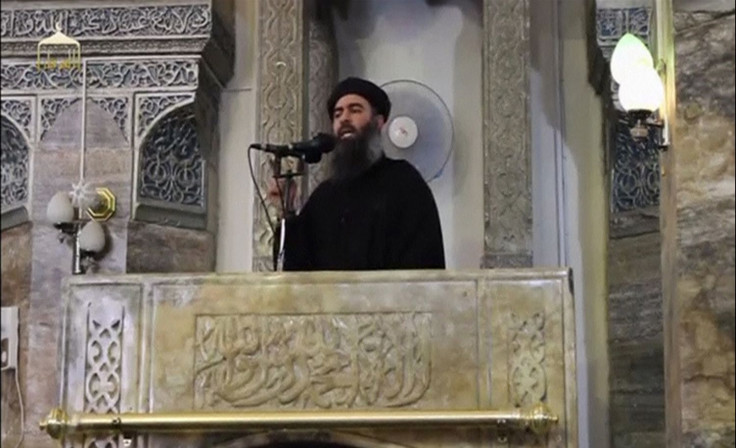ISIS Bans Private Wi-Fi Connections In Raqqa To Monitor Internet Activities

The Islamic State group has banned private Internet access in the Syrian province of Raqqa. The move is intended to monitor online activities of local residents and even ISIS fighters, who are now forced to use cyber cafes.
The British-based monitoring group the Syrian Observatory for Human Rights and the anti-ISIS activist group Raqqa is Being Slaughtered Silently confirmed the ban Monday. A leaflet was distributed in the eastern Syrian city, the ISIS capital, that gave Internet service providers four days to discontinue all private Wi-Fi connections.
"The following is obligatory on all Internet providers: The removal of Wi-Fi connections distributed outside of Internet cafes and private connections, including for Islamic State soldiers," Al Jazeera quoted the leaflet.
The ban on private Internet will hinder groups that document ISIS killings in the city. The ban is also believed to impose a news blackout on the present situation in Raqqa. According to reports, ISIS has been conducting raids on cyber cafes to search for people transmitting local news.
Abu Bakr al-Baghdadi, the leader of the extremist group, earlier banned execution videos after a graphic video had been circulated online. The video shows a teenage boy beheading a Syrian army officer in the city of Palmyra. Russia Today reported that the teenage executioner declared in the video that the militant group was going to capture Rome and Jerusalem.
According to Syrian news agency ARA News, Baghdadi said such videos can be disturbing for Muslims. He added that they might also be scary and disgusting for children.
© Copyright IBTimes 2024. All rights reserved.











